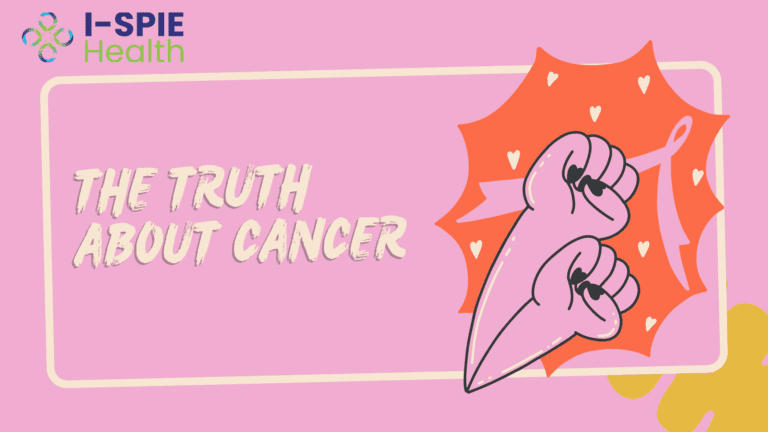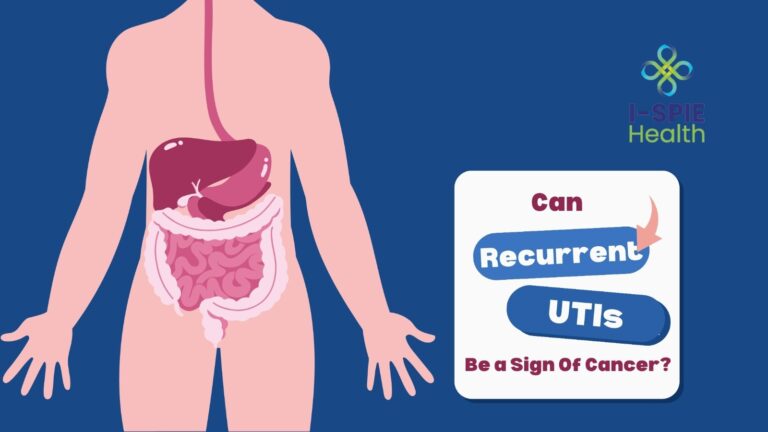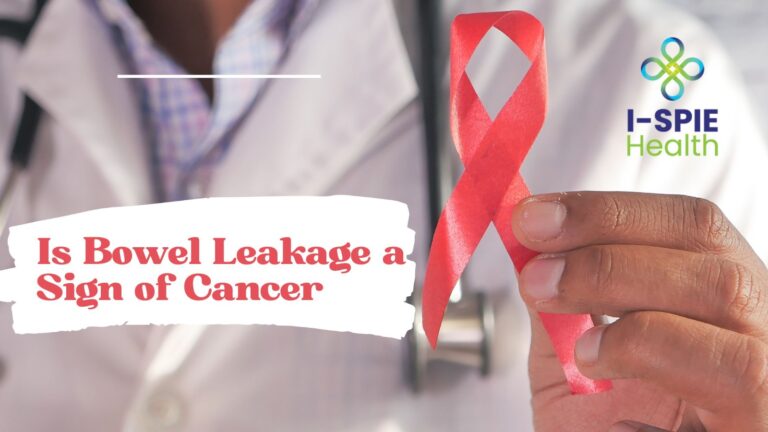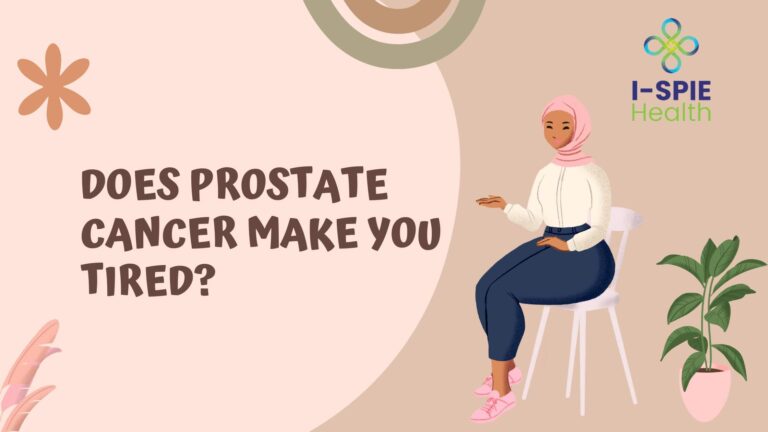A cancer diagnosis is a life-changing event that impacts millions of people worldwide each year. It brings with it a myriad of challenges, from physical health concerns to emotional and financial burdens. Understanding the diagnosis process, diagnoses, and the reasons behind its frightening nature is crucial for individuals facing this daunting reality.
Diagnosis of Cancer
Doctors typically use various tests and procedures to confirm the presence of cancer cells in the body. This may include biopsies, imaging scans like CT scans or MRIs, and blood tests to detect tumor markers or abnormalities.
A diagnosis of cancer can be deeply unsettling, primarily because of its profound implications for an individual’s health and well-being. The uncertainty surrounding treatment outcomes, coupled with the potential for adverse side effects from therapies and their potential impact on the quality of life, amplifies the apprehension experienced by patients and their families.
Moreover, the emotional, mental, and financial strain that accompanies a cancer diagnosis further compounds this fear, underscoring the importance of providing compassionate support and guidance throughout the journey of treatment and recovery.
12 Things to Do When You Were Diagnosed With Cancer
Understand the Diagnosis
Educate yourself about your specific type of cancer, including its characteristics, potential treatment options, and prognosis. Schedule a follow-up appointment with your doctor to discuss the diagnosis in detail and ask any questions you may have related to the type of cancer, its stage, treatment options, and potential side effects to make informed decisions.
Consult with Specialists
Meet with oncologists, surgeons, and other healthcare professionals to discuss your treatment options. Consider getting a second opinion to ensure the accuracy of your diagnosis. Consulting with specialists ensures that you receive comprehensive and personalized care tailored to your specific needs.
Investigate Treatment Options
Develop a comprehensive treatment plan in collaboration with your healthcare team, which may include surgery, chemotherapy, radiation therapy, immunotherapy, or other targeted therapies. Discuss the benefits, risks, and potential outcomes of each treatment with your healthcare team to make the best decision for your health. Consider participating in clinical trials or research studies to access innovative treatments or contribute to advancements in cancer care.
Establish Open Communication
Organize your medical records, appointments, and treatment schedules to stay informed and actively involved in your care. Keep lines of communication open with your healthcare team to address any concerns or questions you may have throughout your treatment journey. Effective communication fosters trust and collaboration, leading to better treatment outcomes and support.
Prioritize Physical Well-Being with Diet & Exercise
Prioritizing nutrition and exercise is essential for individuals undergoing cancer treatment, as they can help boost the immune system, aid in recovery, mitigate side effects of treatment, improve treatment outcomes, and support overall well-being.
Attend to Mental & Emotional Health
Your emotional well-being is as important as your physical health during cancer treatment. Address your mental and emotional health by seeking support from cancer consultation, therapists, support groups, etc. Practice self-care and engage in activities that matter to you and bring you joy.
Address & Optimize Finances
Addressing financial concerns early can alleviate stress and ensure access to necessary care. Explore financial assistance programs, insurance coverage options, and resources available to help manage the financial aspects of cancer treatment. Connect with your institution’s Financial Navigator.
Connect with Supportive Services
Supportive services such as physical therapy, palliative care, pain management, and rehab services focus on improving function and enhancing quality of life. They complement medical treatments to improve tolerance to treatments and outcomes.
Explore & Practice CAM (Complementary & Alternative Treatment Medicine) Modalities
CAM treatments offer additional support for patients undergoing treatment. Modalities such as acupuncture, journaling, massage therapy, healing touch, yoga, sound therapy, and meditation may help manage treatment side effects, alleviate stress, and enhance overall well-being.
Establish a Self-Care Routine
Take time out to recharge your battery and regain a sense of purpose. Sit in silence, go for a walk, listen to calming music, garden, take a nap, or do nothing!
Reach out for Support from Family & Friends
Lean on your support network of friends, family, caregivers, and healthcare providers for emotional support, practical assistance, and encouragement throughout your cancer journey. Engage in stress-reducing activities such as meditation, mindfulness, yoga, or hobbies that bring you joy and relaxation.
Maintain Hope & Positivity
Cultivating a positive mindset can help you cope with challenges and maintain hope for a brighter future. Stay optimistic and yet realistic, focus on the present moment, and celebrate small victories and milestones along your path to recovery.
Are you recently diagnosed with cancer?
If you need guidance or support, I’m here to help. Reach out to Madhavi Parikh for a holistic approach to navigating this journey together.
Conclusion
In conclusion, navigating a cancer diagnosis requires a comprehensive approach that encompasses emotional support, informed decision-making, proactive self-care, and effective communication with healthcare providers.
By seeking support from loved ones and support groups, educating oneself about the diagnosis and treatment options, prioritizing physical and emotional well-being, addressing financial concerns, and staying informed about advancements in cancer care, individuals can approach their cancer journey with resilience, hope, and a sense of empowerment.
Remember, each step taken towards understanding, managing, and overcoming the challenges of cancer contributes to a stronger foundation for healing and recovery.
FAQ
What are the key steps to take after receiving a cancer diagnosis?
After receiving a cancer diagnosis, it’s crucial to seek support from loved ones and support groups, educate yourself about your diagnosis and treatment options, and consult with specialists for personalized care.
How can I manage financial concerns related to cancer treatment?
Managing financial concerns related to cancer treatment involves seeking financial assistance, exploring insurance coverage options, and staying informed about available resources and programs that offer financial support for medical expenses.
How important is maintaining a positive mindset during a cancer diagnosis?
Maintaining a positive mindset during a cancer diagnosis is vital as it helps cope with challenges, encourages proactive self-care, and cultivates hope, resilience, and empowerment for overall well-being and recovery.








One Comment